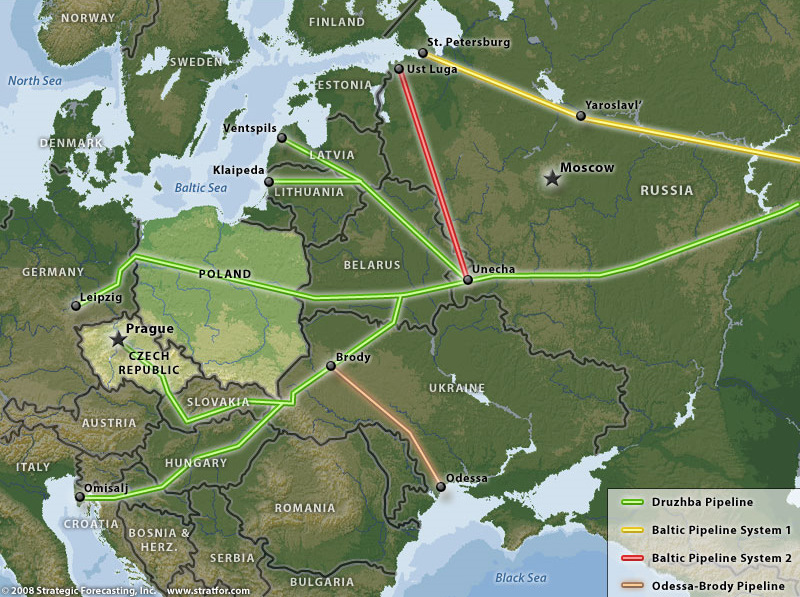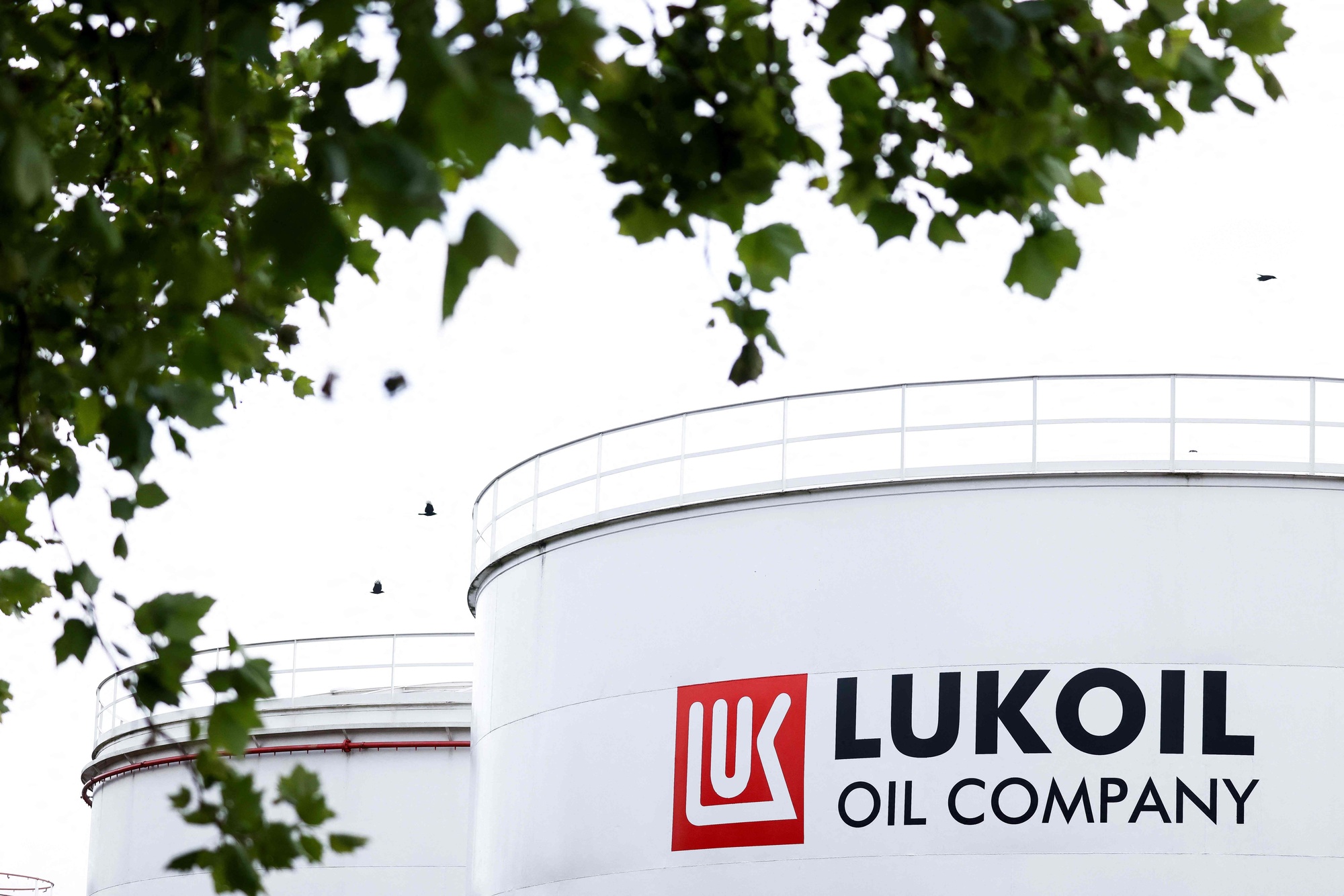The European Union has officially rejected a request from Hungary and Slovakia for urgent discussions concerning Ukraine's recent decision to ban the transit of crude oil owned by Russian supplier Lukoil.
Hungary and Slovakia, which were granted exemptions from the EU-wide ban on Russian oil imports following Russia’s full-scale invasion of Ukraine, sought EU intervention after Kyiv’s decision to stop the transit of Lukoil products from Russia through the Druzhba pipeline across the Ukrainian territory.
According to Bloomberg, European Commission Vice President Valdis Dombrovskis informed the two countries that Ukraine's sanctions do not disrupt transit operations through the Druzhba, provided Lukoil does not formally own the oil.

Dombrovskis mentioned in a letter, seen by Bloomberg, that several member states inquired about alternative crude supply routes and questioned why Hungary and Slovakia had not explored other options yet.
During a phone conversation with Ukrainian Prime Minister Denys Shmyhal, Dombrovskis discussed
the issue, after Hungary and Slovakia expressed concerns about the security of their oil supplies due to the sanctions. The European Commission has stated that there is no immediate risk to the security of oil supply for both countries and is awaiting further details from them.
Related:
- European Commission stalls on Hungary-Slovakia request over Ukraine’s Lukoil sanctions
- Lithuania warns of espionage risk from Hungary’s new visa rules for Russian citizens
- Slovakia’s Fico criticizes Ukraine’s oil transit ban in call with Shmyhal
- FT: Satellite images reveal Russia’s oil supplies to UN-sanctioned North Korea
- From guest workers to residents: Hungary opens doors to Russians amid EU security concerns
- Polish Foreign Ministry suggests Orbán leave EU and form alliance with Putin
- How Ukraine’s Lukoil ban threatens Hungary’s cheap Russian oil lifeline
- Slovakia and Hungary say Ukraine suspended transit of oil from Lukoil





